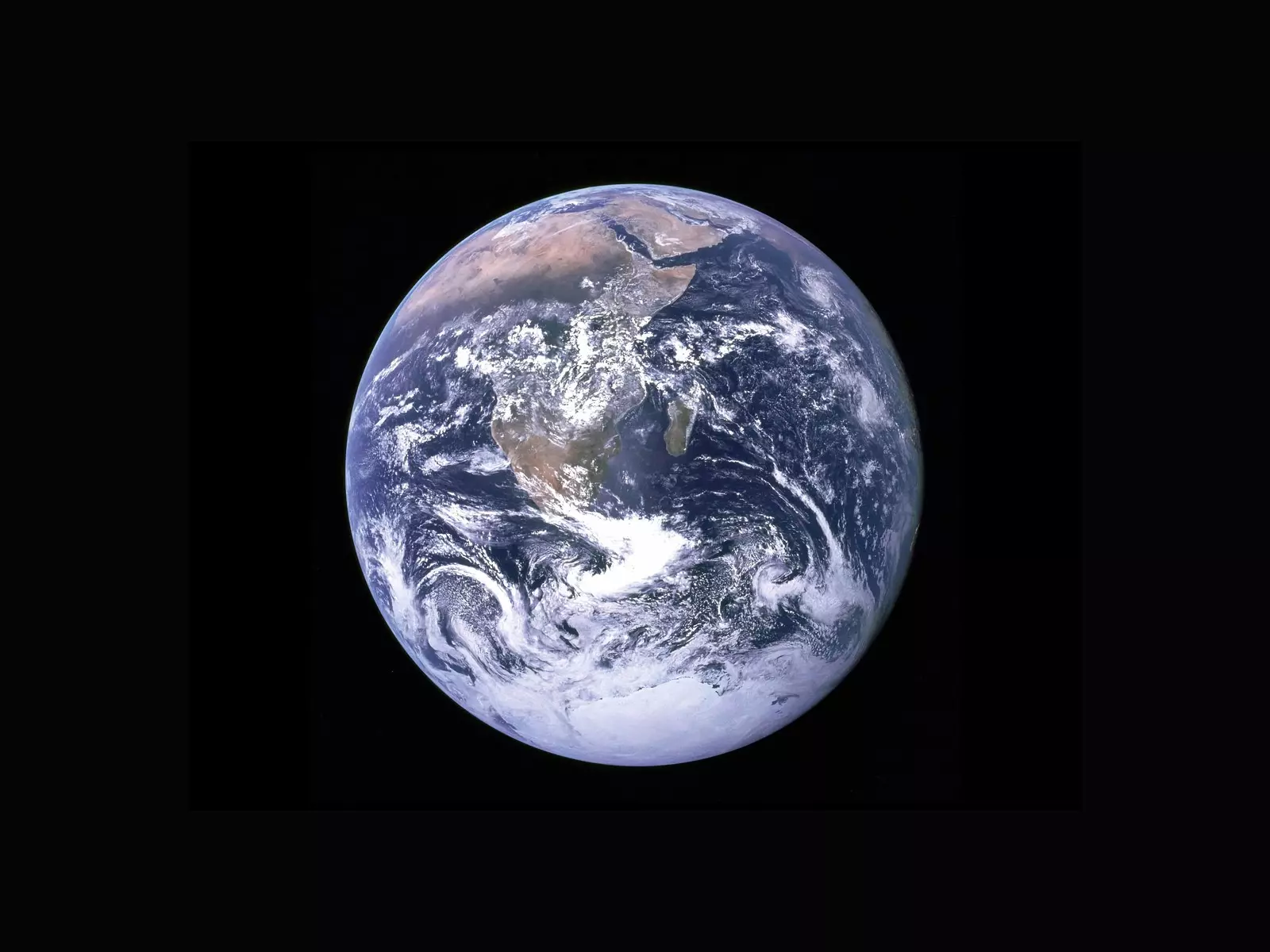Asking humanity “multiplanetary” will help us tackle major problems on Earth. So says Tim Ellis, chief executive and co-founder of Relativity Space, the world’s second-largest private space company. In an interview with the World Economic Forum, which has included Relativity Space in its Global Innovator Community, Ellis shared his vision for the future.
Highlights
- US aerospace company Relativity Space wants to “make humanity multiplanetary” and put a million people on Mars.
- The company 3D-prints entire rockets and is building the world’s largest 3D-printing factory.
- Space exploration can help us tackle challenges on Earth, including climate change and connectivity, says Tim Ellis, the company’s founder, in an interview with the World Economic Forum.
Living on Mars and space
What is Relativity Space?
Based in Los Angeles, California, Relativity Space 3D-prints entire rockets.
Ellis’s vision is to use these rockets to “make humanity multiplanetary” and put one million people on Mars.
“We’re building the world’s largest 3D-printing factory,” Ellis explains. “Somebody has to build the company that’s going to create infrastructure on Mars, and it’s going to have to be based on 3D printing.”
How did Relativity Space start?
Ellis co-founded Relativity Space in 2015 with chief technology officer, Jordan Noone.
They previously worked together at the University of Southern California’s Rocket Propulsion Laboratory, where they helped launch into space the first rocket designed and built by students.
Ellis also worked on 3D-printed rocket components at Blue Origin, the space company founded by Amazon founder Jeff Bezos in 2000.
Elon Musk’s space company, SpaceX, further informed his vision, Ellis says.
“I was inspired by watching SpaceX land rockets and dock with the International Space Station six years ago,” he says. After SpaceX, Relativity is “only the second space company in two decades” with the mission of making humanity multiplanetary and going to Mars, Ellis says.
Shouldn’t we be focusing on Earth’s problems right now?
“It’s really similar to [the question], why do arts or why have sports teams? We spend, in the US, five times more money on the NFL and football than on the space programme. And so it’s not really an either or for me,” says Ellis.
Going to Mars is all about “expanding the possibilities of human experience” – and will “fundamentally change what it means to be a human being”, Ellis believes. Space exploration “helps humanity dream” and inspires everyone from engineers and scientists to activists and social policy-makers to go after “ambitious, difficult problems” he explains.
“If we were sitting here today and had a million people living on another planet, just wrap your head around what that actually means for being a person,” Ellis says.
“There’s going to be Martian governments, there’s going to be art, creativity, new ways of thinking, new innovations, new challenges to overcome,” Ellis believes.
“I really do think it could be one of the greatest adventures in human experience and one of the biggest innovations.”
How would going to Mars actually help us on Earth?
“Space technology is helping solve climate problems on a global scale, because we’re able to collect data and use that data to solve those problems,” Ellis says.
“We’re literally talking about putting a million people on another planet in an extremely hostile environment. Many of the challenges we’re going to have are also going to help us solve the climate issue on Earth, because it’s all about scarce resources, human ingenuity, doing more with less,” he says.
What’s Relativity’s vision for the internet?
Space technology is also helping to expand internet access across the globe.
“We have billions of people globally that do not actually have access to the internet and access to information,” says Ellis. So the company launched telecom satellites “which are working to connect to the unconnected”.
“The space industry is really helping further that connectivity for the billions of unconnected,” says Ellis.
Around 3.7 billion people have no internet access. The World Economic Forum and partners are helping to address this with an initiative called the EDISON Alliance, a collaboration between public and private sector leaders to improve digital access in health, education and finance.
Tim Ellis’s advice to other entrepreneurs?
Relativity Space has had “probably hundreds of micro failures”, Ellis says. And Ellis himself has been told “no” thousands of times – by customers, investors, even people joining the company. But it hasn’t stopped him.
“I think my advice is just to be really relentless and don’t scale back your ambition just because there are people that don’t see it,” he says.
“When it looks like a non-obvious idea – like 3D-printing rockets, which now people very much are believing in – you have to always push through something to make greatness.”
Stage 1 is officially making its way to Cape Canaveral, Florida, where #Terran1 will launch! Check out these photos of Stage 1 being loaded onto the truck and headed to the #sunshinestate. ☀️???? #RelativitySpace #GLHF #PrepareToLaunch pic.twitter.com/vnUWORYdOc
— Relativity Space (@relativityspace) June 1, 2022
In an article for the World Economic Forum, Will Marshall, chief executive of Planet Labs, a San Francisco-based Earth imaging company, says the falling cost of space technology is fuelling a “space renaissance”.
Data from space in particular, he says, is having a major impact in three main areas on Earth: the economy, sustainability, as well as peace and security.
Subscribe to AM Chronicle Newsletter to stay connected: https://bit.ly/3fBZ1mP
Follow us on LinkedIn: https://bit.ly/3IjhrFq
Visit for more interesting content on additive manufacturing: https://amchronicle.com/
For more information and case studies on metal additive manufacturing register for metal additive manufacturing symposium : https://amchronicle.com/metal-additive-manufacturing/


